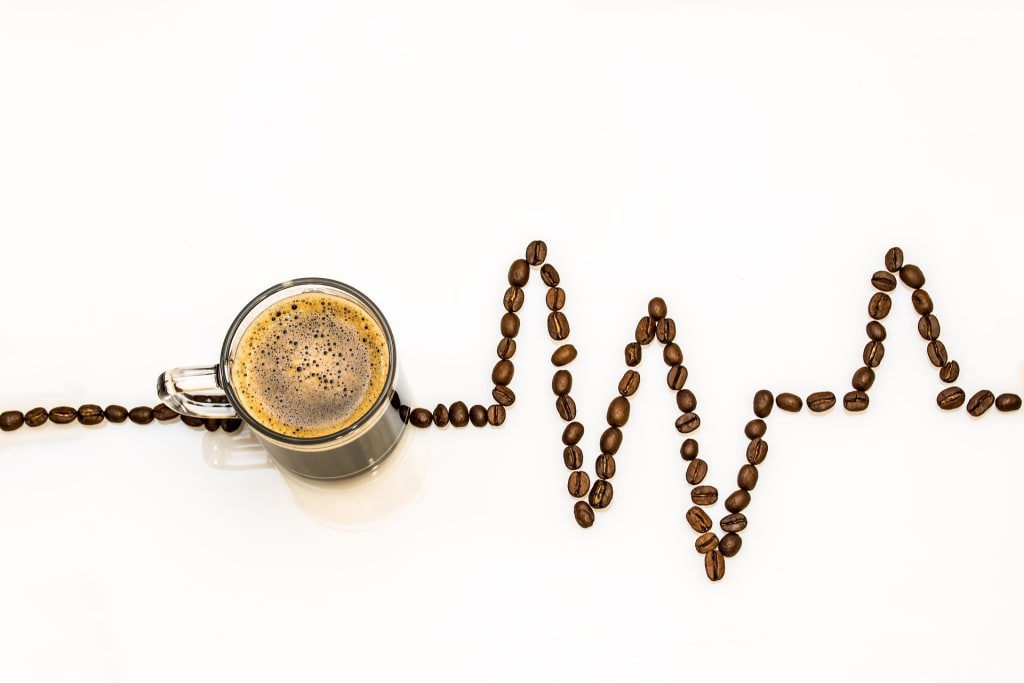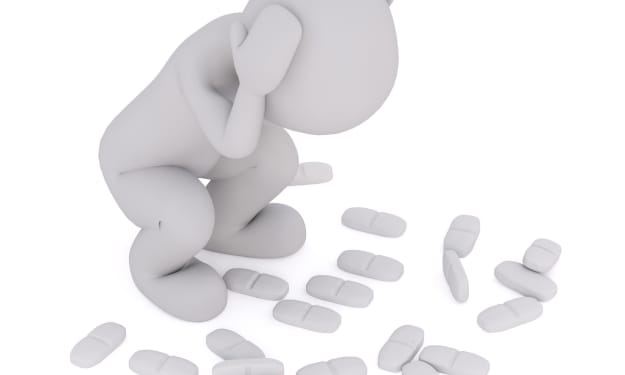How does Caffeine keep the body Alert?
Caffeine and the Body

Every year, people consume more than 100,000 metric tons of caffeine.
That is the same as 14 Eiffel Towers' weight. The majority of this caffeine is ingested in coffee and tea, but it's also present in some sodas, chocolate, and even decaf beverages. Even if we don't get enough sleep, caffeine makes us feel awake, focused, joyful, and energized. But it can also make us anxious and cause our blood pressure to rise.
The most widely used drug in the world is it. What keeps us awake, then? Plants developed caffeine, which has several uses. It is toxic to insects in high doses and can be found in the leaves and seeds of some species. However, when they consume it in smaller amounts—as is the case with nectar—it actually aids in their ability to recall and revisit flowers.

Caffeine stimulates the central nervous system when consumed by humans. It prevents the body from producing adenosine, one of the main sleep-inducing molecules, keeping us awake. Your body requires a steady supply of energy, which it obtains by dissolving the highly energetic molecule ATP. The chemical building block of ATP, adenosine, is released during the process. Your brain's neurons have receptors made specifically for this molecule.
Adenosine activates a series of biochemical processes when it binds to these receptors, which causes neurons to fire more slowly and delays the release of critical brain-signaling molecules.
Simply put, you start to feel sleepy. Adenosine receptor antagonists include caffeine. That means that by blocking adenosine receptors, it prevents the slowing down of your neurons. Adenosine and caffeine share a molecular structure that is similar enough for caffeine to bind to adenosine receptors but not close enough to cause activation.
Adenosine inhibits your neurons, to put it simply. Caffeine stimulates you by inhibiting the inhibitor. Additionally, caffeine can increase good feelings. Some neurons have connections between the adenosine receptors and dopamine receptors. Dopamine's function in the brain includes helping us feel good. Adenosine can interfere with dopamine's ability to fit into one of these paired receptors, preventing it from doing its mood-lifting work. However, caffeine has a different effect when adenosine is absent, allowing dopamine to replace it. The effects of caffeine on adenosine and dopamine receptors may also have long-term advantages, decreasing the risk of conditions like Parkinson's, Alzheimer's, and some types of cancer.
Also, caffeine can increase the body's capacity to burn fat. In fact, some sports organizations have set limits on caffeine consumption because they believe it gives athletes an unfair advantage. Olympic competitors had to maintain blood caffeine levels below a certain level from 1972 to 2004 in order to compete. But not all of caffeine's effects are advantageous. Although it might improve your mood and make you feel more alert, it can also increase your blood pressure and heart rate, lead to increased urination or diarrhea, make you more prone to insomnia, and exacerbate anxiety. Additionally, the foods and beverages that contain caffeine have their own effects on your body that must be considered. Caffeine consumption on a regular basis can cause brain adaptation. Your body will produce extra adenosine receptors if your existing ones are constantly blocked. In this manner, adenosine can continue to signal the brain to shut down even when there is caffeine present.
Because of this, you might discover that to feel as alert, you need to drink increasingly more coffee. Adenosine receptors are becoming more and more numerous to block. It's also the reason why quitting caffeine abruptly could result in unpleasant withdrawal symptoms. Adenosine can function excessively when there are many receptors and no competition, leading to symptoms like headaches, fatigue, and low moods. But after a few days, the extra adenosine receptors will go away, your body will adjust, and you will continue to feel alert even without taking the most common stimulant in the world.
About the Creator
Enjoyed the story? Support the Creator.
Subscribe for free to receive all their stories in your feed. You could also pledge your support or give them a one-off tip, letting them know you appreciate their work.






Comments
There are no comments for this story
Be the first to respond and start the conversation.